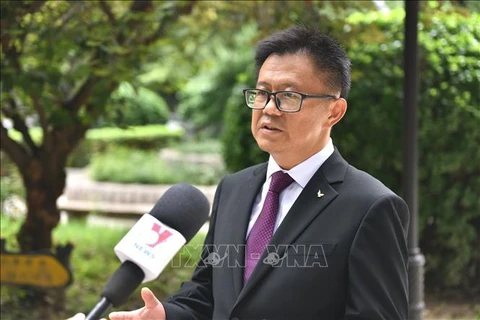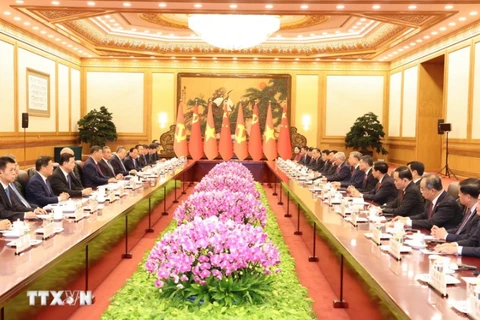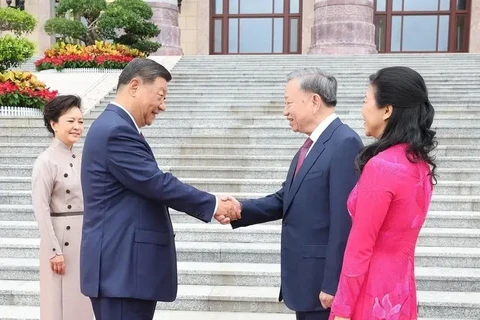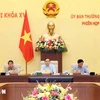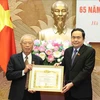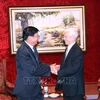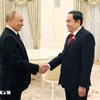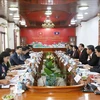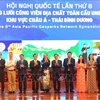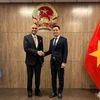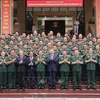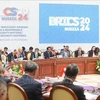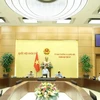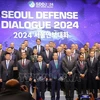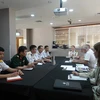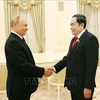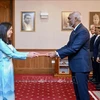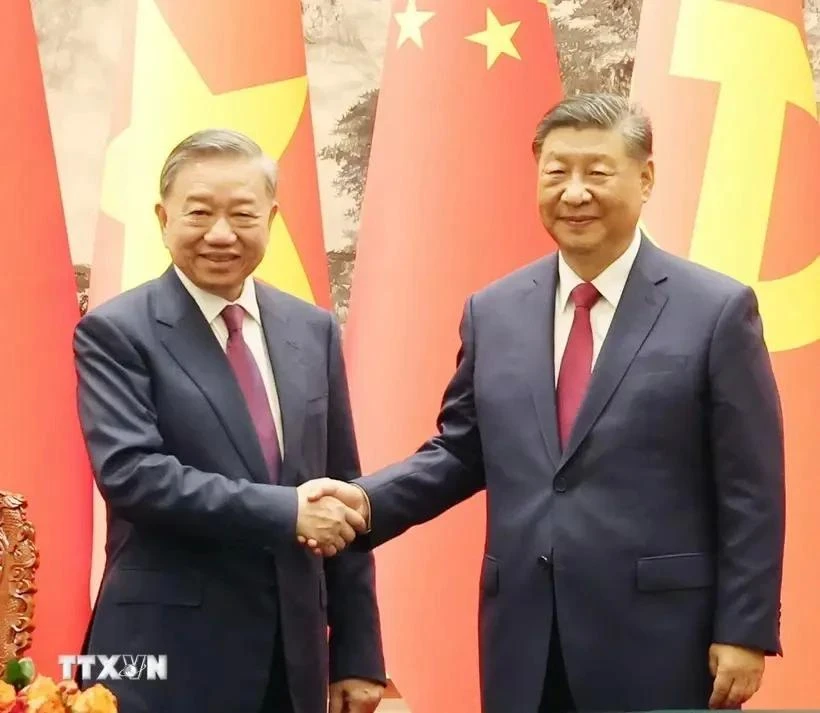
Sydney (VNA) - The recent state visit to China by Vietnamese Party General Secretary and State President To Lam was an outstanding success, with Lam and his Chinese counterpart Xi Jinping agreeing to enhance their comprehensive strategic cooperative partnership and to move towards a shared future with strategic significance, according to an Australian expert.
Speaking to the Vietnam News Agency, Emeritus Professor Carl Thayer from the Australian Defence Force Academy, the University of New South Wales, said that Xi personally pledged to establish good working relations and personal friendship with Lam.
As it took place only eight months after the top Chinese leader’s visit to Vietnam, the significance of Lam’s trip was to stress that China is a top priority in Vietnam’s foreign relations, to emphasise the importance of party-to-party relations, and to reassure China that Vietnam is committed to carrying out the joint statement reached between late General Secretary Nguyen Phu Trong and General Secretary Xi in December last year.
Assessing the outcomes of the visit, Thayer said that the two leaders agreed to pursue six key initiatives – higher political trust, more practical defence-security cooperation, more substantive and deeper cooperation, more solid social foundations, closer multilateral coordination, and better control and settlement of differences.
According to the professor, there were three significant outcomes. First, both leaders agreed to effectively implement the 2017 MOU to connect the Two Corridors, One Belt framework with the Belt and Road Initiative through ‘hard connectivity’ (upgrading Vietnam’s railway network, expressways and border gates) and ‘soft connectivity’ (smart customs).
Second, the two leaders agreed to promote mutual investment in advanced technology in agriculture, infrastructure, clean energy, digital economy and green development. And
Third, both leaders agreed to adhere to the common perceptions of high-level leaders to maintain peace and stability in the East Sea through friendly consultations to find long-term solutions acceptable to both sides on the basis of their 2011 Agreement on Fundamental Principles Guiding the Settlement of Maritime Disputes and the United Nation Convention on the Law of the Sea (UNCLOS 1982), and refraining from actions that would complicate the situation or expand the dispute./.
